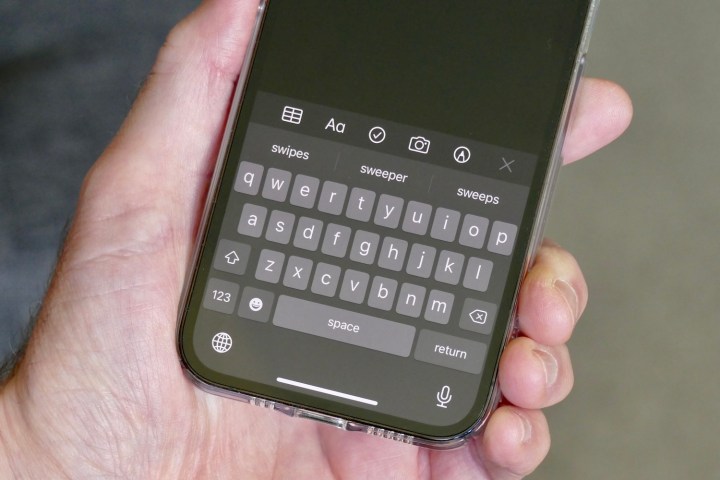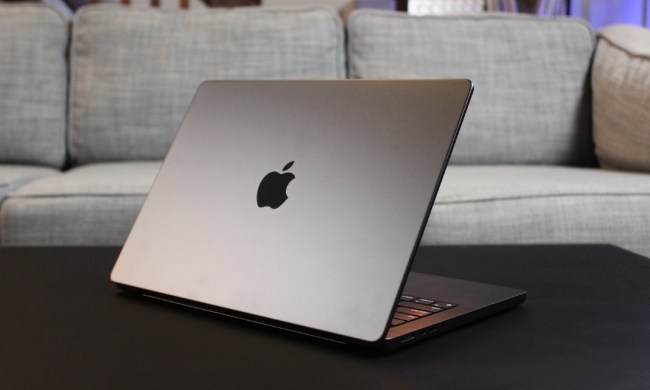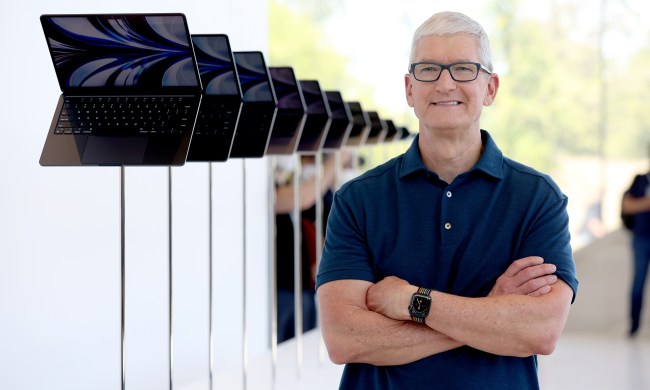If you’ve ever wanted to know how easy it is to repair your iPhone or Mac if it gets damaged, some users can now turn to Apple for that information. The Mac maker has begun displaying a repairability index for its devices on its online shopping app and its website — but only to users in France.
Apple’s ratings are based on a variety of factors, such as how easy it is to take apart a device and the availability of repair manuals and spare parts, according to a MacGeneration report. Apple’s French website provides a detailed description for how the index is compiled for each individual product, including various iPhone models dating back to the iPhone 7 and a number of MacBook Pro and MacBook Air models.
For reference, Apple rates the iPhone 12 with a score of six out of 10, while last year’s phone models are rated at 4.5 out of 10. Apple’s M1-powered MacBook Pro got a score of 5.6 out of 10, though the MacBook Air scored slightly better with a score of 6.5 out of 10.

Though many Apple consumers may find the move surprising, the repairability index was made in response to a French law designed to reduce waste that went into effect on January 1, 2021. The rationale is that being able to service and repair your phone in the event of damage would prolong the useful life span of the device and reduce electronic waste. According to a French website, only 40% of the country’s electronic devices were repaired, so the goal of the legislation is to reduce the 60% of electronic consumer devices that have been discarded, The Verge reports.
For its part, Apple has taken a more prominent position on sustainability in recent years, and the company often highlights that its products are made from recycled materials. Most recently, Apple had made the controversial move to remove the charging adapter from packaging on its iPhone as part of an effort to reduce package size and prevent unwanted chargers from ending up in landfills, a move that was copied by rival Samsung for its Galaxy S21, S21 Plus, and S21 Ultra series of phones.

Because of the nationwide law in France, Apple won’t be the only electronics manufacturer to display repairability information, as rival smartphone and PC manufacturers doing business in the country will also have to display similar ratings. Failure for compliance will result in fines, but that won’t begin until 2022 as part of France’s efforts to give companies time to adopt. In addition to laptops and smartphones, other categories of electronics that require a repairability score include televisions, washing machines, and lawn mowers.
Outside of France, the European Union is also working on its own right-to-repair legislation, so we can likely expect to see France’s leadership in this area spread to neighboring countries in the region.
In fact, the right-to-repair law has spurred some innovation in the PC space with the development of the Framework Laptop, a slim and sleek Ultrabook machined from aluminum where virtually every internal and external component can be upgraded thanks to its modular design. The Framework Laptop essentially looks like a premium notebook that can compete with the MacBook Air and Microsoft’s Surface Laptop.


